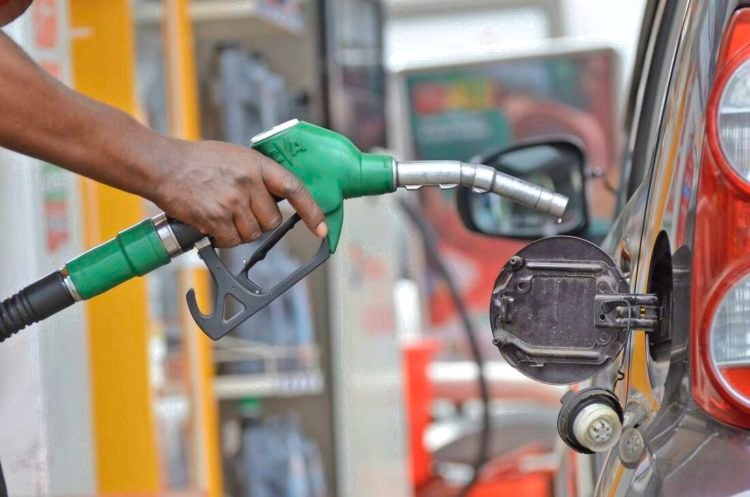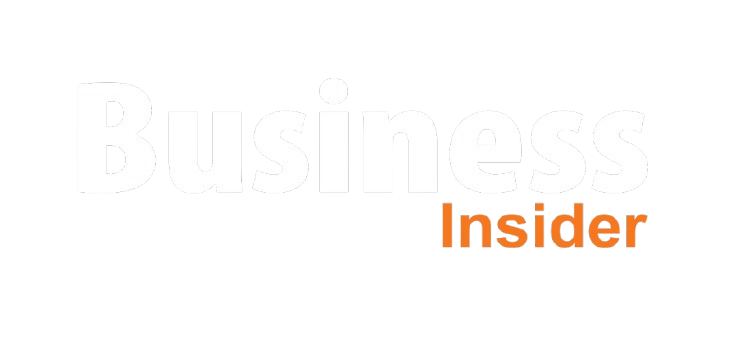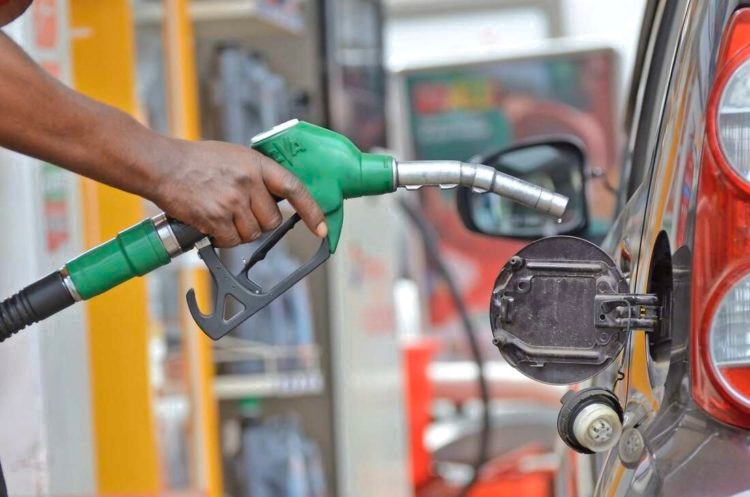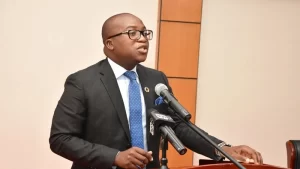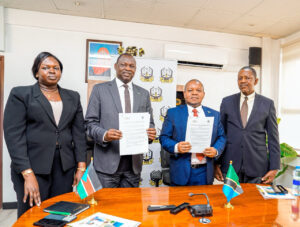By Business Insider Reporter
Motorists and businesses are set to benefit from a slight but notable decrease in fuel prices as the Energy and Water Utilities Regulatory Authority (EWURA) announced new cap rates effective June 4, 2025.
The updated prices reflect falling global oil prices and a stronger Tanzanian shilling – developments expected to ease cost pressures across the economy.
Statement by EWURA that in Dar es Salaam, retail fuel prices have dropped to TSh2,885 per litre for petrol, TSh2,826 for diesel and TSh2,877 for kerosene.
Other coastal entry points such as Tanga and Mtwara recorded slightly higher rates, with Mtwara posting the highest petrol price among the three at TSh2,978 per litre.
The price adjustments are expected to influence both consumer spending and business logistics across key sectors of the economy.
These rates mark a modest reduction compared to last month, following a dip in Free on Board (FOB) prices in the Arab Gulf market – by 0.9% for petrol, 3.4% for diesel, and 3.7% for kerosene.
FOB price refers to the cost of goods (such as refined petroleum products) at the point of shipment, usually at a designated port, before any shipping, insurance, or inland transport costs are added.
“This comes as welcome news for motorists and transport operators who have been grappling with persistently high fuel costs over the past year,” said John Malisa, an independent energy economist based in Dar es Salaam. “Lower pump prices translate to lower transport costs, which can reduce inflationary pressure across sectors.”
Downstream impact
Transport costs – which heavily depend on fuel pricing – are likely to ease in the short term.
Public transport operators, especially in cities like Arusha, Mwanza, and Mbeya, could see improved margins or even pass on cost savings to commuters, though this is highly unlikely.
Similarly, logistics and delivery services stand to benefit from reduced diesel prices, particularly in long-haul operations.
In addition, with fuel being a major input in food distribution, construction, and manufacturing, economists expect this price decline to exert mild downward pressure on the cost of goods and services – helping curb inflation and boosting consumer confidence.
“This may not seem like a big drop on paper, but for small businesses and farmers transporting goods to market, every shilling saved at the pump counts,” added Malisa.
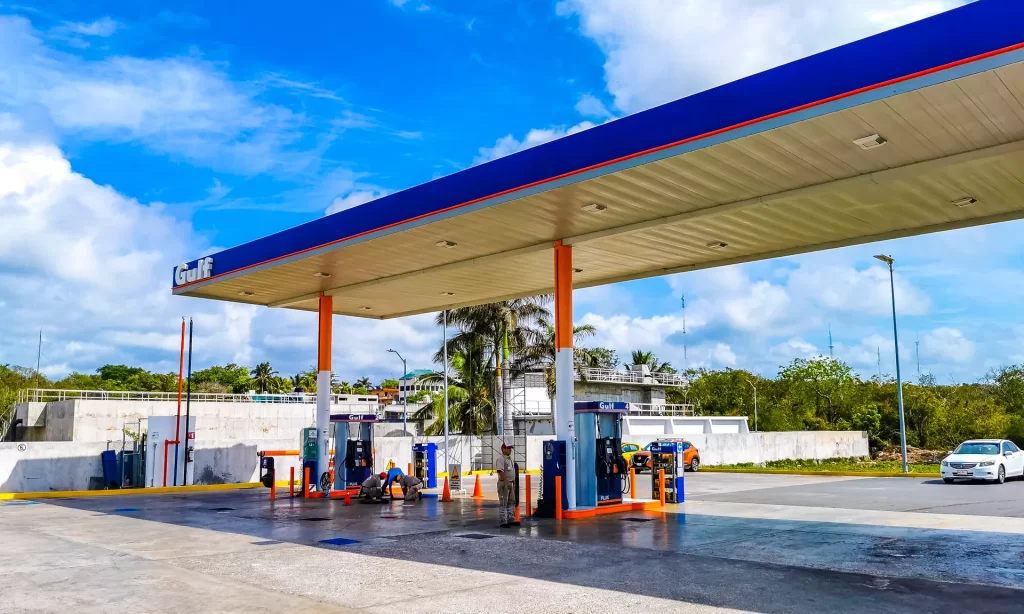
Exchange rate and policy support
According to EWURA, the drop in fuel price was also supported by a 0.63% appreciation of the Tanzanian shilling against major currencies, which slightly reduced the cost of petroleum imports.
EWURA incorporated the revised exchange rate and newly published transportation rates to calculate the final cap prices.
To reinforce transparency, EWURA has mandated all fuel stations to display visible pricing boards.
Furthermore, all transactions must be recorded through Electronic Fiscal Pump Printers (EFPPs) to ensure transparency and accurate tax collection.
“Retailers found violating these rules will face legal consequences, while consumers are encouraged to report non-compliant fuel stations and retain receipts for accountability,” says EWURA in the statement.
As fuel prices inch downward, the government’s pricing oversight continues to play a stabilizing role – helping Tanzanian households and businesses navigate a challenging global economic environment.
Whether the trend will continue depends on developments in international oil markets and regional logistics.
Global prices down
While international fuel markets offered a reprieve – thanks to a decrease in FOB prices in the Arab Gulf by 0.9% for petrol, 3.4% for diesel and 3.7% for kerosene – the overall benefit was diluted by rising import premiums and logistical costs.
At Dar es Salaam Port, premiums for diesel jumped by 22.43%, and petrol by 4.34%, reflecting increased shipping and insurance costs.
Only kerosene saw a marginal drop of 1.65%. These changes were compounded by an exchange rate appreciation of 0.63%, offering a slight cushion against import costs.
“The adjustments reflect EWURA’s balancing act between international market pressures and domestic affordability,” said an industry analyst. “While global crude prices fell, higher shipping premiums and local transport tariffs shaped the final numbers.”
Regional price spread
Fuel prices across Tanzania remain regionally differentiated due to inland transport and distribution costs. For example, consumers in Mwanza now pay TSh3,070 per litre of petrol, while those in Bukoba face TSh3,136, among the highest nationwide.
Rural and remote areas such as Ngorongoro, Mbinga, and Karagwe have also seen prices edge above TSh3,100.
For businesses, particularly those in transport, agriculture, and manufacturing, the updated rates will require renewed cost projections. Logistics companies operating in multiple regions are expected to pass on some of the increased costs to end consumers.
